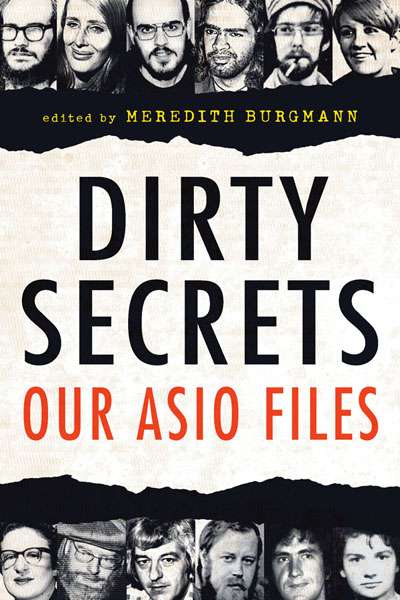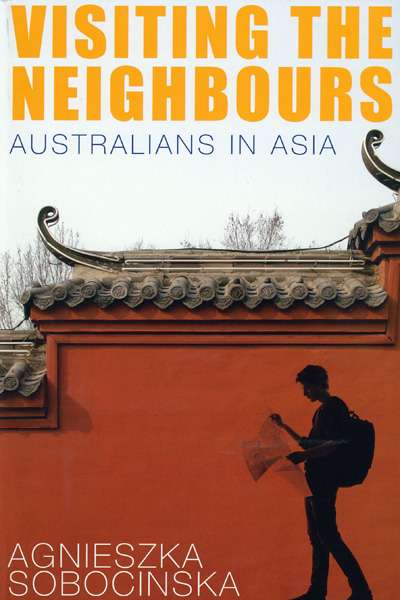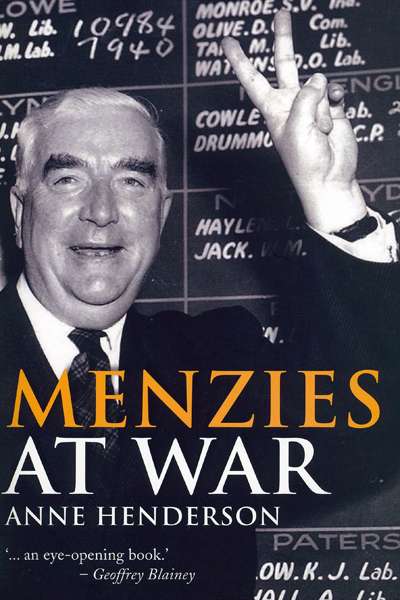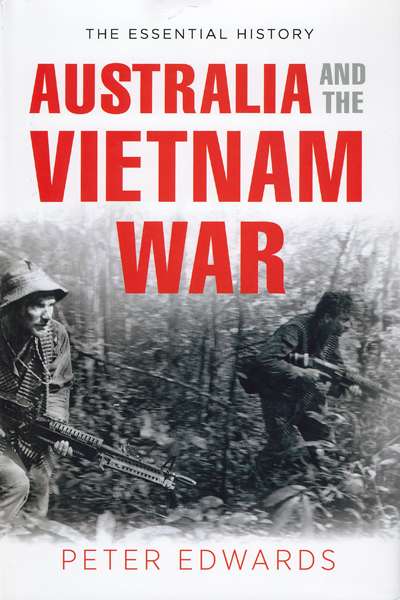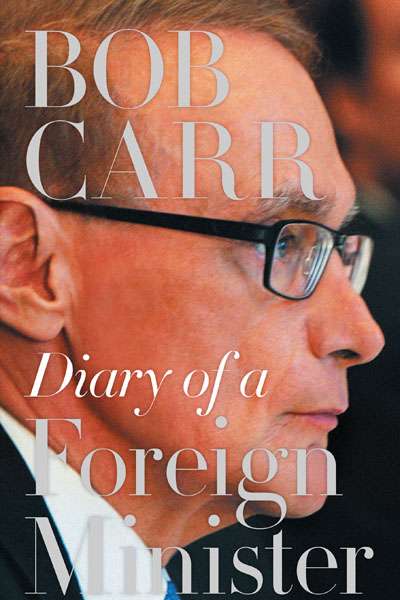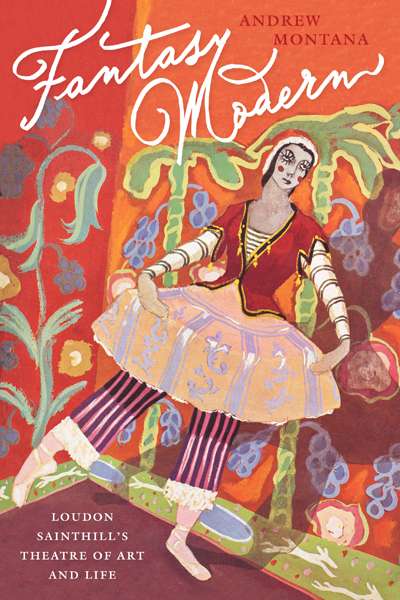NewSouth
The Europeans in Australia: Volume 3: Nation by Alan Atkinson
by Mark McKenna •
Visiting the Neighbours: Australians in Asia by Agnieszka Sobocinska
by Stephen Atkinson •
Stephen Ward Was Innocent, OK: The Case for Overturning his Conviction by Geoffrey Robertson
by Paul Morgan •
Fantasy Modern: Loudon Sainthill's Theatre of Art and Life by Andrew Montana
by Lee Christofis •


